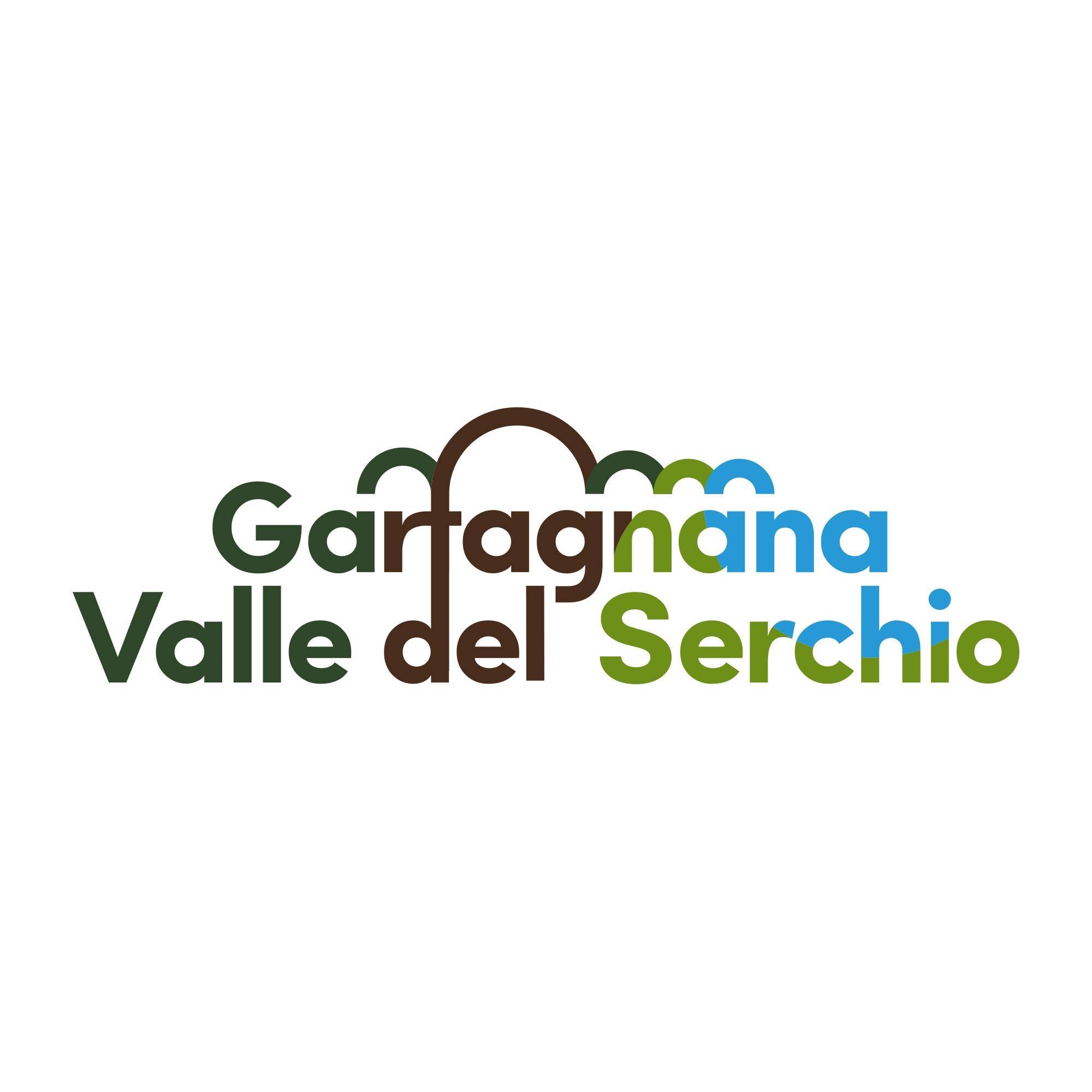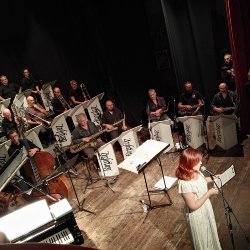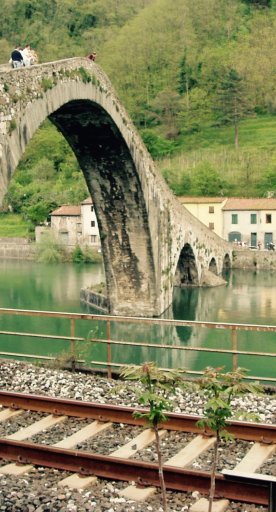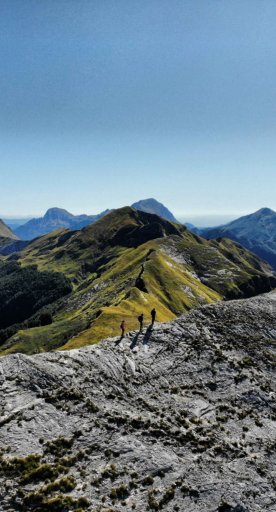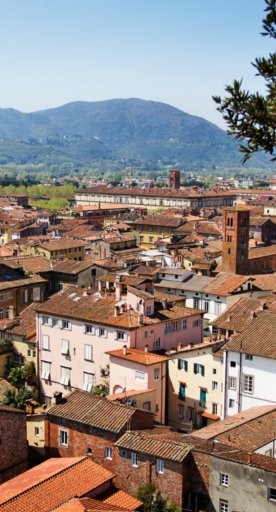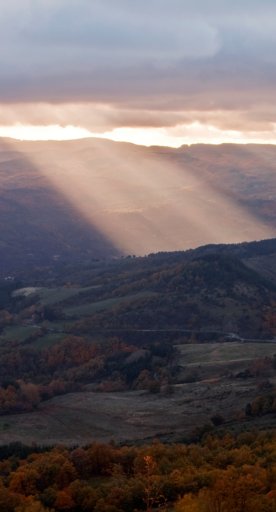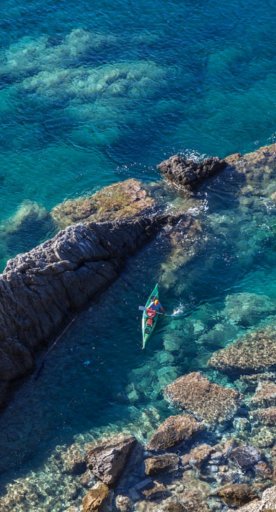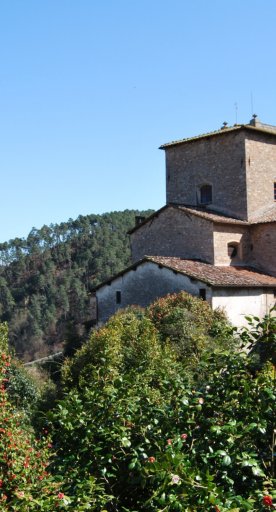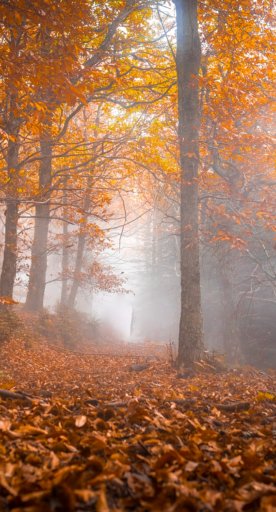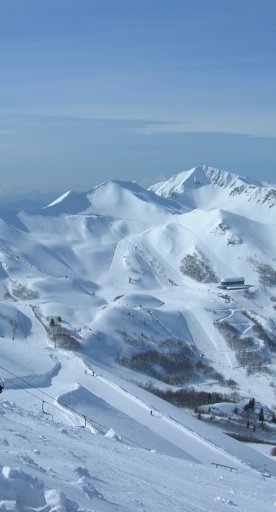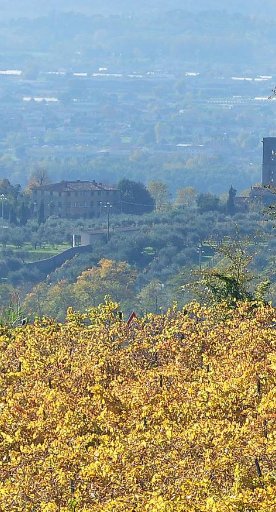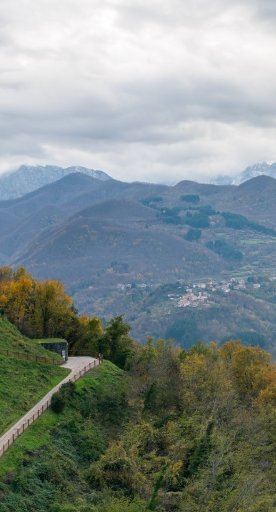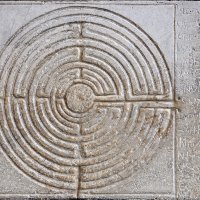

Villages, bunkers and fortifications: on the trail of Garfagnana’s Gothic Line
Discover the places in Garfagnana where German and Allied militias clashed during the Second World War
The Garfagnana and Mid Serchio Valley is a place where nature thrives and climbs the Apuan Alps along old mule tracks, to be explored on foot or by mountain bike. The main historical itineraries overview the passage of time in these undoubtedly charming places that are well-worth a visit. Among them is the Gothic Line itinerary that allows you to step back into the more recent past and visit the places where the Second World War took place.
The Gothic Line was the name given to the German system of fortifications that cut Italy in two: the original route started from Cinquale - a village of Montignoso - crossed Tuscany and bypassed the Apennines to end up in Pesaro. It was not a simple defensive ‘line’, but a series of emplacements, bunkers, tunnels and trenches identified in a strip of territory ranging from 15 to 40 km.
In the Garfagnana and Serchio Valley, there are two different tracks of the Gothic Line: one in the south and one in the north, where the fighting became more intense. The latter is perfect for a total immersion in history, retracing the battles between the Germans and the Allies.
-
1.Borgo a Mozzano
-
2.Barga
-
3.Molazzana
-
4.Fosciandora, Castelnuovo in Garfagnana, Piazza al Serchio
Borgo a Mozzano

Borgo a Mozzano, known for the Ponte della Maddalena or Ponte del Diavolo (Devil’s Bridge), is the first municipality in the Serchio Valley where the clashes of the 20th century left their mark. Thanks to careful restoration work to help preserve and promote the historical heritage, the tunnels, bunkers, fortifications and the anti-tank wall are now a particularly attractive destination for those interested in this turbulent historical period, in addition to the finds and documents preserved in the Museo della Memoria.
Borgo a Mozzano is also the starting point for a number of itineraries, linking the village to Barga and Gallicano, the battle scenes, as well as other routes leading to the highest bunkers in Anchiano or to the fortifications of Via Lodovica and Colle delle Coste.
Barga

Barga became one of the strongholds of the Gothic Line and partisan struggles when the German troops withdrew from Borgo a Mozzano.
Following the CAI B2 signpost, from the village you’ll soon reach the village of Sommocolonia, the scene where bloody battles between enemy troops and the Resistance took place. The itinerary includes a visit to the Rocca alla Pace, which bears witness to the bombardments that devastated the area, and the Museo alla Pace, which carefully displays part of the military arsenal used during the war.
In the nearby village of Monticino, a monument to the partisans commemorates the men who bravely withstood the impact of the German charge and slowed its advance.
Molazzana

Bunkers, tunnels and trenches hidden in the vegetation around Molazzana need a guide to be recognised: here the morphology of the territory allowed the German militia to hide their defensive garrisons from view, and even today it’s difficult to spot them. The discovery of the Gothic Line in Molazzana also passes through the museum of the same name, where artefacts, documents and photographs from the period are kept.
Fosciandora, Castelnuovo in Garfagnana, Piazza al Serchio

The last front of the Gothic Line in the Garfagnana and Serchio Valley was represented by the strip of land that includes the villages of Fosciandora and Castelnuovo di Garfagnana, as far as Piazza al Serchio. In these places, which were the last to be liberated by the Allies, the fighting was very hard: villages like Castelnuovo were annihilated by bombing.
As in the whole area, the memory of the events is preserved here with pride and respect, so as not to forget those who gave their lives to save their country.
To discover every kilometre of the Gothic Line in Garfagnana, it’s also possible to follow the itinerary along the southern garrison, which starts in Seravezza and leads, step by step, along the footsteps of history.
To find out more:
Museum and Fortress of Sommocolonia
